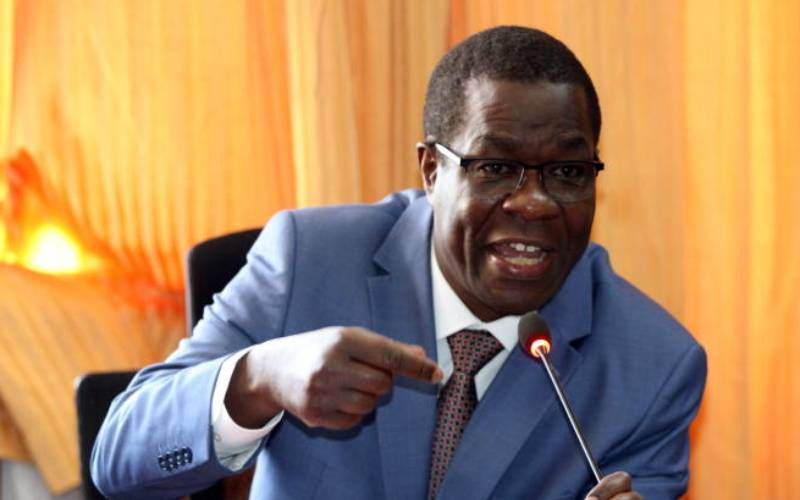The Kenyan government has launched a multi-billion-shilling initiative aimed at ending frequent power blackouts, lowering electricity costs, and expanding household access to the national grid. Energy CS Opiyo Wandayi announced the plan during a Senate briefing on Wednesday, highlighting ongoing investments in transmission lines, power station upgrades, and new energy sources.
“Several initiatives are underway, including the development of nuclear energy, which will ensure a stable and reliable power supply,” Wandayi told senators. The briefing followed concerns raised by lawmakers about persistent outages and the slow pace of electricity connections across the country.
President William Ruto recently acknowledged that Kenya’s current electricity generation is insufficient to meet demand. He said the shortfall has forced the government to implement daily load-shedding between 5 pm and 10 pm to maintain grid stability. “One data centre requires 1,000 megawatts, yet we only produce 2,300 megawatts,” Ruto explained, adding that over Sh1 trillion is needed to expand capacity to 5,000 megawatts.
Special attention is being given to western Kenya, where residents have experienced frequent outages. Wandayi said multiple transmission lines are under construction, substations are being upgraded, and Kenya Power has intensified tree-cutting and pruning to reduce power interruptions caused by vegetation.
The government, in partnership with the World Bank and the African Development Bank, has mobilized Sh12 billion to connect households in 35 counties under the last-mile electricity programme. Nuclear power plans are also underway, with the first phase expected in Siaya by 2027–28, projected to add 5,000 megawatts to the grid in phases.
Additionally, reforms in power purchase agreements (PPAs) have been introduced to improve transparency. All PPAs will now require Attorney General approval and will be denominated in both Kenya shillings and US dollars, a move intended to protect the country from unfavorable contracts.
CS Wandayi concluded that the government is committed to following the power development plan to ensure Kenya generates the required electricity at the right time and place, aiming for a future free from power shortages.

